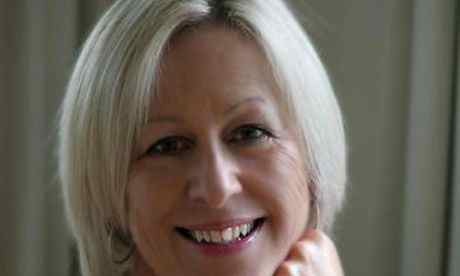Not one prayer Marcia. Even though you asked me to pray for your pilgrimage to Santiago, not one dialogue with God has unfolded.
No petitions have been sent heavenward asking for your safekeeping. Not even any candles lit on your behalf.
My lack of proper praying hasn’t given rise to any guilt at all; just an engaged interest in my lack of interest in wanting to pray in the colloquially accepted sense, if that makes any sense. I just can’t see the point of it now, if I ever could.
‘But what does Marcia mean by pray?’ asked my best mate. My ranting on about people using the word God indiscriminately, as though we all have some kind of shared understanding when we use it, has influenced him.
‘Not sure,’ I replied, my head in Tanya Luhrmann’s book When God talks back . ‘I didn’t ask,’ which when you think about it was an early mistake.
‘Soren Kierkegaard the philosopher,’ I added helpfully, hoping to make good my lack of enquiry, ‘reckoned that “the function of prayer is not to influence God, but rather to change the nature of the one who prays.”’ My friend looked doubtful.
The Vineyard Church people in Tanya’s book hope to be changed or better still, transformed by their prayer. They say that prayer, when done by a properly trained person (this will probably eliminate me) can be imagined as a vehicle to draw the supernatural presence of the Holy Spirit to the person in need. (p12)
It was the imagination bit that enchanted me for according to Tanya’s anthropological observations, the singing itself brings the Spirit into presence, ‘the way Aslan sang the beasts of the new Narnia into life.’ Continue reading
Sources
- Sande Ramage in Spirited Crone
Sande Ramage is an Anglican priest and blogger.
